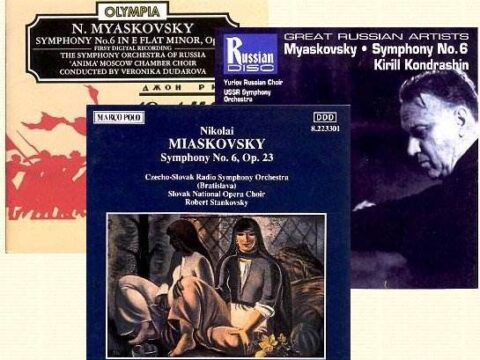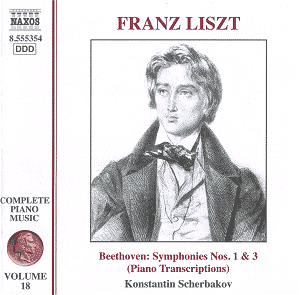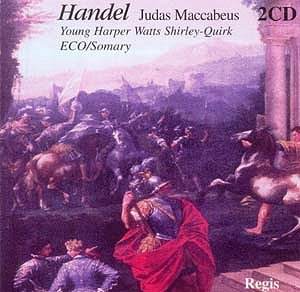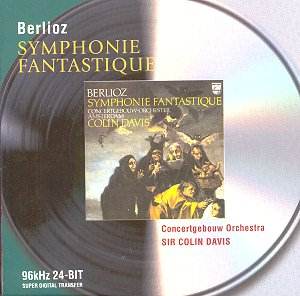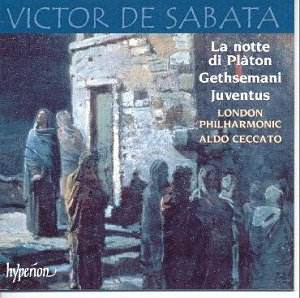 Composer: Victor De Sabata
Composer: Victor De Sabata
Works: La notte di Plàton, Gethsemani, Juventus
Performers: Aldo Ceccato conducting the London Philharmonic Orchestra
Recording: HYPERION CDA67209 [62:57]
Label: Hyperion
Victor De Sabata, a multifaceted figure in the Italian musical landscape of the early 20th century, is perhaps better known to many for his illustrious conducting career than for his compositions. This recording presents three of his orchestral works, allowing listeners to appreciate the vivid and dramatic voice that characterized his writing during a time when Italian composers largely adhered to operatic forms. “La notte di Plàton,” “Gethsemani,” and “Juventus” reveal a composer who, despite his relatively small oeuvre, crafted music that is at once lush and expressive, steeped in the Romantic tradition while echoing the burgeoning cinematic influences of his time.
In “La notte di Plàton,” composed in 1923, De Sabata explores the tension between corporeal and spiritual pursuits through a grand orchestral palette. Aldo Ceccato leads the London Philharmonic Orchestra with palpable energy, capturing the work’s wild, orgiastic dances and contrasting them with moments of serene introspection. The orchestra’s rich sonority brings to life De Sabata’s sweeping melodies, reminiscent of the opulent orchestrations of Richard Strauss and the lush harmonic language of Respighi. Notably, the climactic passages evoke a sense of tumultuous abandon, while the quieter sections are imbued with a contemplative nobility that reflects Platonic ideals. The recording’s engineering excels in balancing the orchestra’s dynamic range, ensuring that the more delicate textures emerge clearly without being overwhelmed by the larger forces at play.
“Gethsemani,” a poema contemplativo from 1925, further showcases De Sabata’s lyrical gifts, grounded in Gregorian chant and imbued with a serene spirituality. Here, the orchestra’s phrasing is particularly noteworthy; the London Philharmonic’s strings convey a lush warmth, while the woodwinds introduce moments of ethereal beauty that evoke the quietude of the garden at Gethsemane. Ceccato’s interpretation allows the music to unfold gradually, with a slow-building climax that emphasizes the overarching theme of redemption rather than suffering. The impressionistic qualities of the piece are deftly captured, painting a vivid soundscape that recalls moonlit tranquility, a hallmark of De Sabata’s ability to blend the sacred with the secular.
The shorter work “Juventus,” composed in 1919, offers a more youthful exuberance, contrasting the earlier pieces’ introspection with an energetic portrayal of the joys and passions of youth. Ceccato adeptly navigates the shifts between exuberant themes and contemplative passages, with the orchestra responding with buoyant vigor. The thematic material here recalls the cinematic flourishes of Max Steiner and Erich Wolfgang Korngold, suggesting that De Sabata’s compositions could easily find a place in the soundtracks of classic Hollywood. The recording captures the vitality of the piece, ensuring that its rhythmic drive and lyrical passages resonate clearly.
The sound quality of this Hyperion release is exemplary, with a clarity and depth that allow the orchestra’s full range of colors to shine through. The balance achieved in the recording enables each instrumental section to be heard distinctly, enhancing the overall listening experience. Compared to other recordings of De Sabata’s works, this interpretation stands out for its passionate commitment and the vividness of the orchestral sound, marking it as a significant contribution to the available discography.
The music of Victor De Sabata, as presented in this recording, is a testament to his prowess as a composer, revealing a rich tapestry of emotional depth and lyrical beauty. Hyperion’s decision to release these works is commendable, offering a rare glimpse into the orchestral imagination of a composer who deserves wider recognition beyond his conducting legacy. This recording is an essential listen for those interested in the intersections of orchestral and operatic traditions in early 20th-century music, showcasing De Sabata’s unique voice that seamlessly marries dramatic narrative with lush Romanticism.
